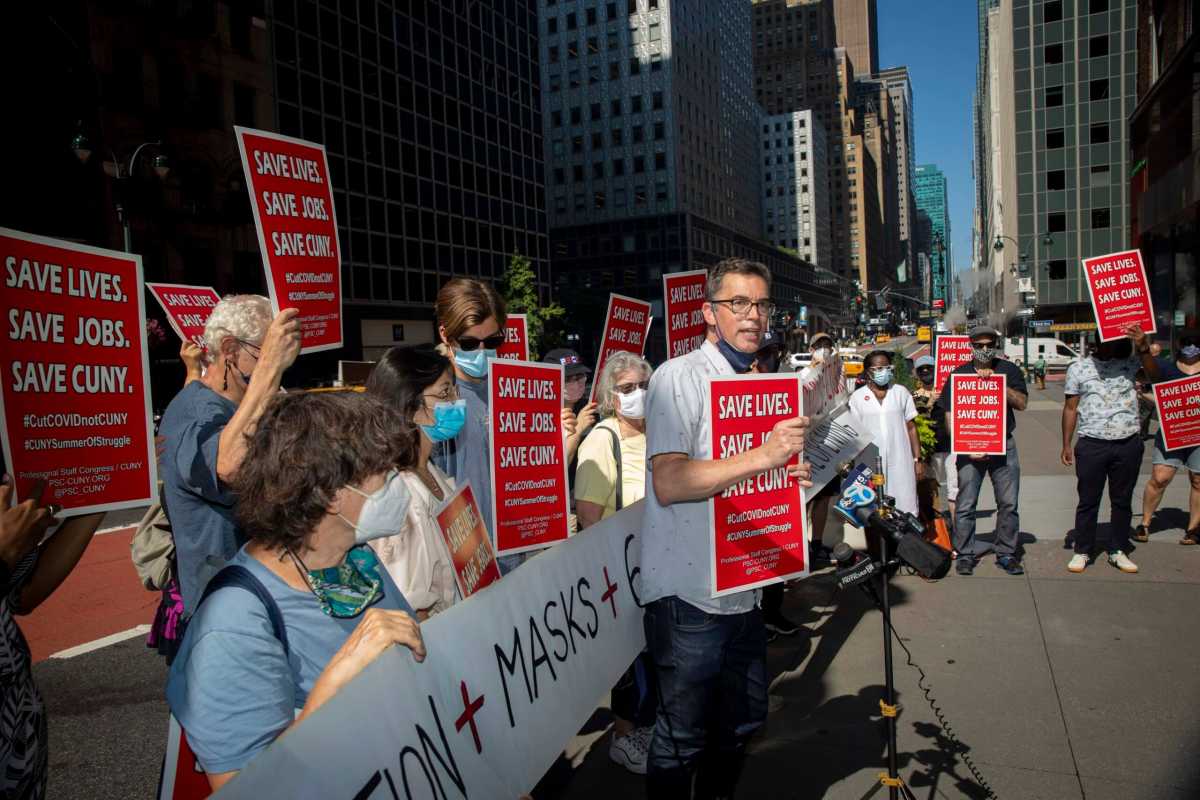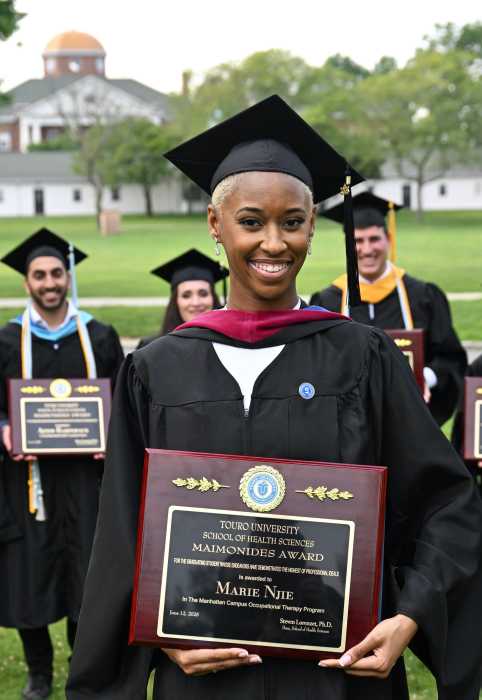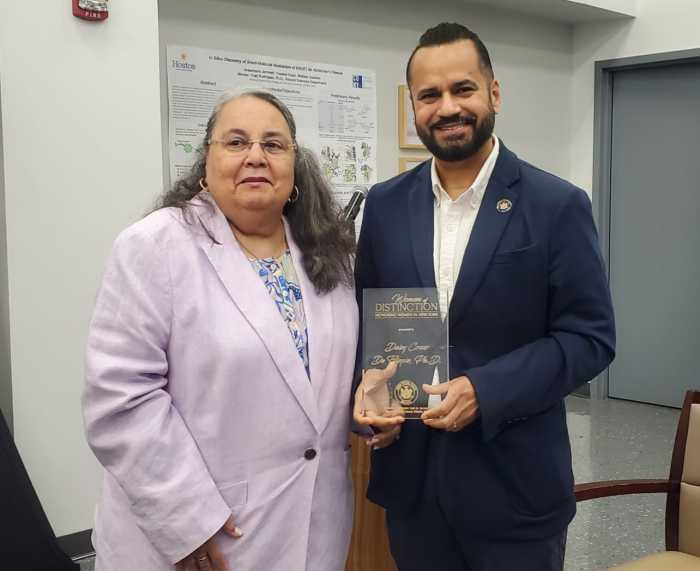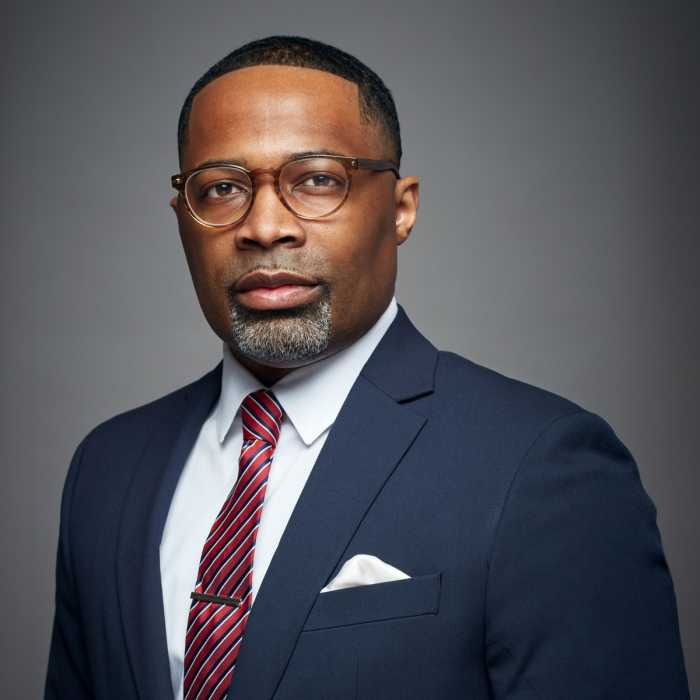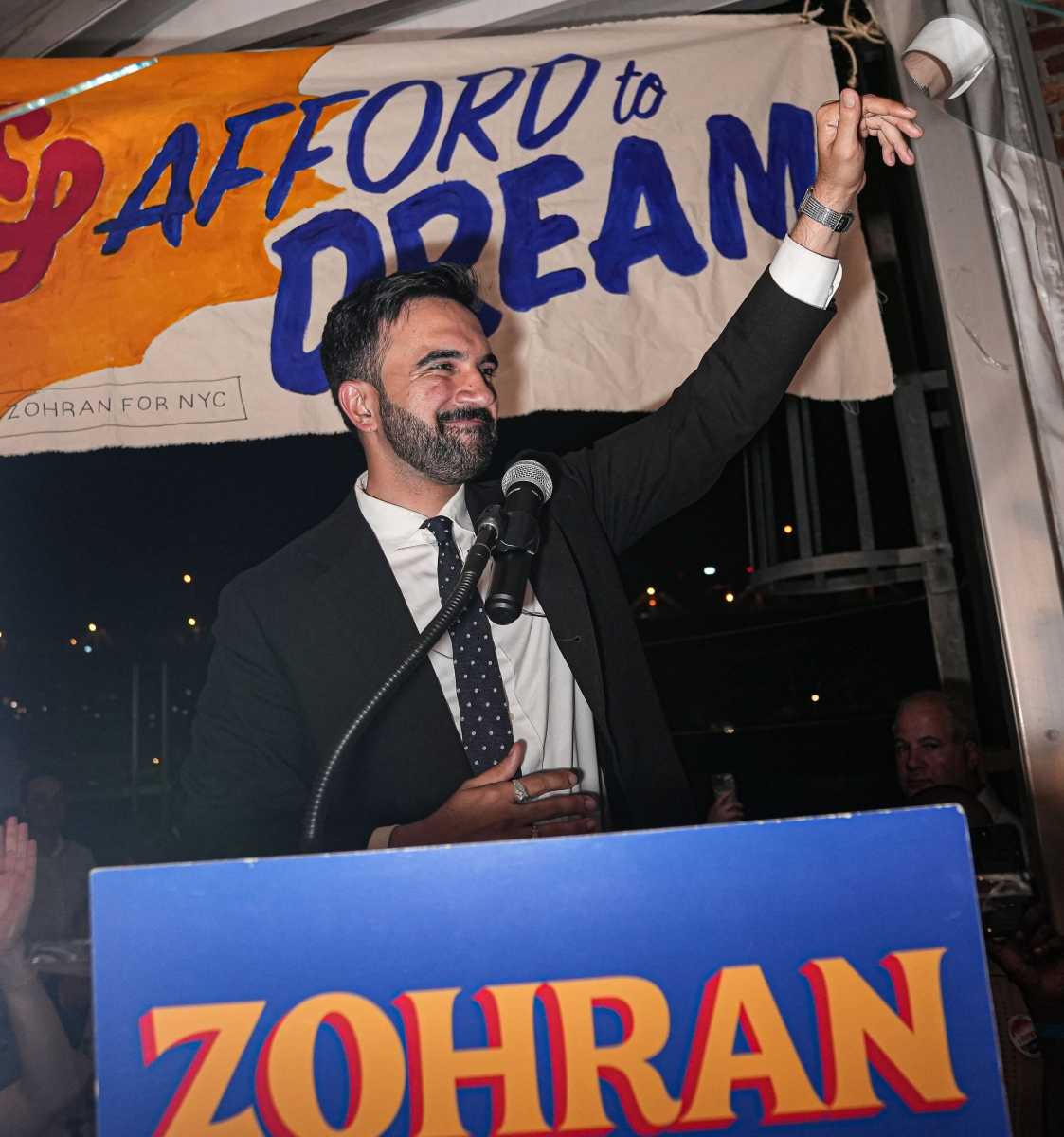This story has been updated to reflect the proper name for one of the organizing groups, RAFA (Rank and File Action).
On Friday, the City University of New York (CUNY) network is set to begin its spring semester operating on a “70/30” mandate that was instituted by CUNY Central that dictates 70% of classes must be in person for each of its 25 campuses.
CUNY’s return to campus, however, comes at a fraught time where enrollment has eroded by an estimated 33,000 students over the past two years and college-specific student and faculty unions are threatening strikes and walkouts if the CUNY administration doesn’t change a “culture of disorganization.”
CUNY faculty and students told the Bronx Times they are demanding CUNY administrators cease mass layoffs to adjunct professors, increase the transparency of their health and safety protocols, and stop school-specific cancellations of under-enrolled classes that they say will lead to further layoffs of full-time employees and delay educational tracks.
“Morale is low, it’s low for all of us, students and faculty included,” said Alex Wolf, a deputy chair and professor at Bronx Community College. “But there’s the spirit of fighting back and making our voice heard.”
The COVID-19 pandemic has deepened pre-existing tensions and frustrations that CUNY faculty and students have had with administrators and college presidents.
CUNY employees demand answers, threaten strike before August reopening
CUNY also came under fire last fall when state Budget Director Robert Mujica said CUNY officials misled him about their overall declining enrollment rate — a 12.5% decline last year during the worst of the COVID-19 crisis, and an estimated 10% drop during the current academic year — despite CUNY’s request for hikes in state and city aid.
“I haven’t seen anywhere in any of these documents, where the plan is to deal with a twenty-plus percent enrollment decline,” said Mujica during an Oct. 4, 2021, CUNY Committee on Fiscal Affairs meeting. “Or where’s the plan to show me what are we doing differently to make sure it doesn’t happen?”
Outside of its community colleges, enrollment at CUNY’s 11 four-year senior colleges throughout the city also dropped an estimated 3% this year, according to CUNY committee officials. CUNY had 218,835 undergraduate students in fall 2019. However, before the fall of 2020, the number of undergrads fell to 203,590, a nearly 7% drop as classes transitioned to remote learning for a bulk of that semester due to the pandemic.
In a statement to the Bronx Times, a CUNY spokesperson said the college system’s upcoming spring semester plans coincide with vaccine and booster mandates, as well as New York City hitting a peak in regards to omicron cases, after a major winter surge.
“With the Omicron surge thankfully on the decline, vaccine and booster mandates in place, and expanded testing available at University sites, we are looking forward to a Spring 2022 semester that delivers the majority of our courses in-person,” the CUNY spokesperson said.
Consequences for unvaccinated CUNY students include academic withdrawal, loss of tuition
CUNY students taking in-person or hybrid courses this spring must be fully vaccinated when classes begin on Friday, or they will be withdrawn from courses for non-compliance with their vaccination mandate on Jan. 27, according to CUNY Central’s website. Fully vaccinated does not include boosters, according to CUNY protocol.
Additionally, students and faculty spanning the 25-school network system told the Bronx Times that communication from school officials is still “inconsistent” and that classes with sizes less than 10 are being “cut” without very little input from students and faculty that the cuts affect.
“I feel like invisible to them, like I’m just an ID number and a financial figure to them,” said Hostos College student Fatima Bah, who is also a mother. “Hostos has said that they took all precautions for COVID, only we’re only getting answers from an email. Sometimes there’s no access to anyone to meet about certain accommodations, and no one answers emails.”
Some colleges like Lehman College, Brooklyn and the Graduate Center are allowing courses to resume with a minimum of 5-6 students, while others like Hostos insist on double-digit enrollment for classes to run.
Same Demands, Different Approaches
Both the Professional Staff Congress (PSC) — the activist union that represents CUNY faculty across the city — and RAFA (Rank and File Action) are calling for the same demands. But the two groups are taking different approaches with CUNY administration. PSC, who is holding a mass demonstration outside of Bronx Community College in the University Heights section on Friday, are taking a pragmatic approach and are “willing” to continue further discussions with CUNY administrators to meet their demands.
“We’re fighting CUNY-wide and college by college to protect adjuncts from unnecessary layoffs and keep students on a path to graduation. Union organizing has successfully pressured CUNY college administrations to allow many courses to continue despite COVID-related under-enrollment,” said PSC President James Davis in a statement to the Bronx Times.
According to the PSC, much of the $854 million in emergency stimulus money allocated to CUNY for pandemic relief is still unspent.
“There is money to keep courses open and adjuncts employed and college presidents have the authority to keep classes open and shift some courses online to meet student demand while COVID persists,” Davis added.
However, after holding two prior meetings with CUNY officials, PSC said they were “provided no answers and offered no proposals,” and added that the provost at one CUNY senior college has threatened disciplinary action if employees do not comply with the vaccine policy — a contractual violation since no policy is in effect for employees.
RAFA, which is planning to make a visit to the CUNY Chancellor Félix V. Matos Rodríguez’s residence in Pelham on Saturday, have floated the idea of a labor strike if CUNY officials do not entertain their demands.

“This planned trip to the NYC Chancellor’s house has been a two-year plan since the pandemic and it’s really stemmed over a disregard for the public safety of the students and faculty at CUNY,” said Joan Beckerman, a history professor at Hostos College and a organizer with the Rank and File Action group.
A formal strike would be tricky, in part due to New York’s Public Employees’ Fair Employment Act, known as the Taylor Law, which governs public-sector labor relations in the state and prohibits public sector employees from organizing a strike.
While PSC has not expressed support of a strike, CUNY professors are willing to take bold steps to regain autonomy in a system they feel has amounted to “decades and decades” of systemic neglect.
“We can’t wait for PSC to fight for us, when they’ve shown they are afraid to hold CUNY accountable,” said Shawna Barner, an adjunct professor who was fired from her adjunct position at Queens College via email in June 2020. “They want us to wait for CUNY to treat students and faculty right, but we’ve been waiting for decades.”
Reach Robbie Sequeira at rsequeira@schnepsmedia.com or (718) 260-4599. For more coverage, follow us on Twitter, Facebook and Instagram @bronxtimes.

